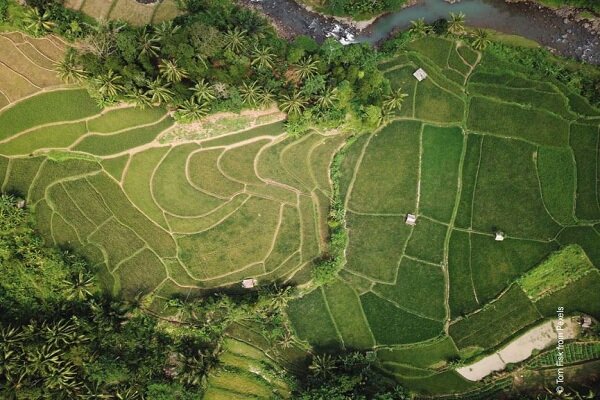According to FAO, many countries are working to improve their systems of statistic-gathering and analyses for better planning in crop, livestock, fisheries and forestry sectors. However, the capacity to adequately monitor and analyse agricultural statistics varies dramatically country-by-country, and nowhere in the world is that variance more prevalent than in the Asia-Pacific region.
Pietro Gennari, Chief Statistician of FAO, noted the significant data gaps in Asia-Pacific in monitoring the progress towards achieving sustainable development. “Slow country commitment to measuring the data, and the poor performance towards achieving sustainable development, are closely connected. We are witnessing an inversion of the familiar axiom whereby ‘what gets measured gets done’. We are not measuring the sustainable development indicators, and this is one of the crucial reasons why we are not on track to achieving the targets.”
A plan for improving the use of ICT and “Big Data” in Agriculture Statistics
Adding to the many firsts, FAO recently announced new partnerships to help countries adopt cost-effective technologies to produce agriculture statistics. FAO and the Asian Development Bank (ADB) launched a massive open on-line course in 2019 and handbooks on the use of computer-assisted data collection using.
FAO also announced a partnership with the ADB and the Asian Institute of Technology (AIT) to help countries use satellite data to generate agriculture statistics.
“This new data source is part of what we call Big Data, and its development is often led by the private sector. Partnering with the private sector allows us to innovate, and is a game changer in how governments produce official statistics,” said Sangita Dubey, FAO Regional Statistician.
FAO, as the lead UN agency dedicated to increasing food and agricultural development, advocates for new approaches to develop an integrated system of agricultural census and surveys, enhance data quality assurance, produce and share privacy-protected microdata, and provide crop, livestock and fisheries statistics in a cost-effective manner.
MNA/PR



























Your Comment